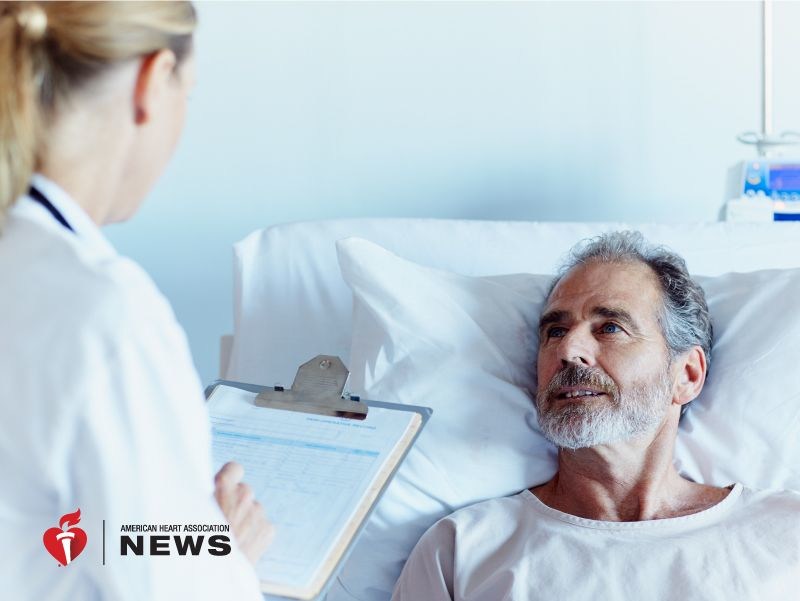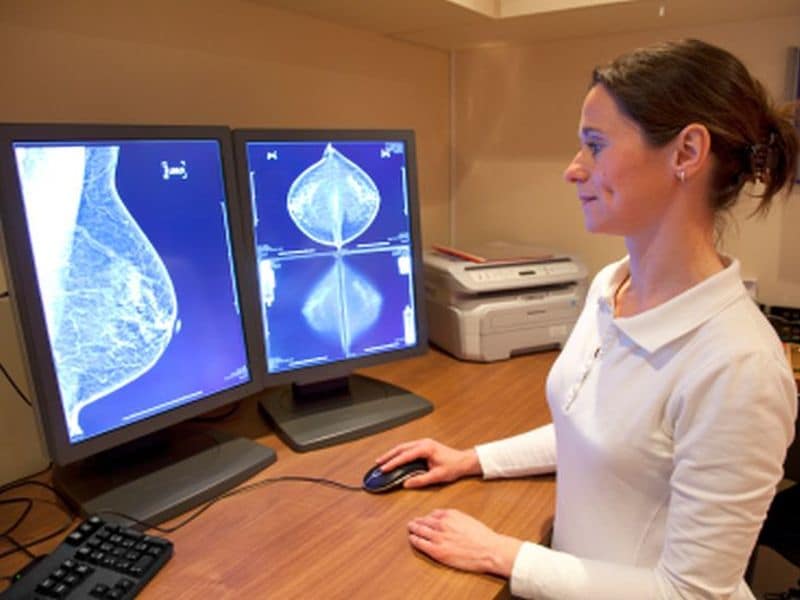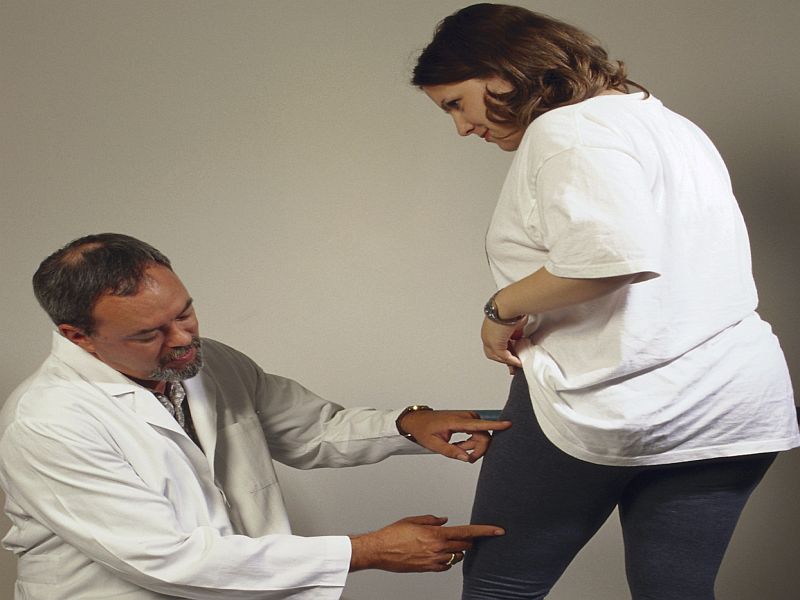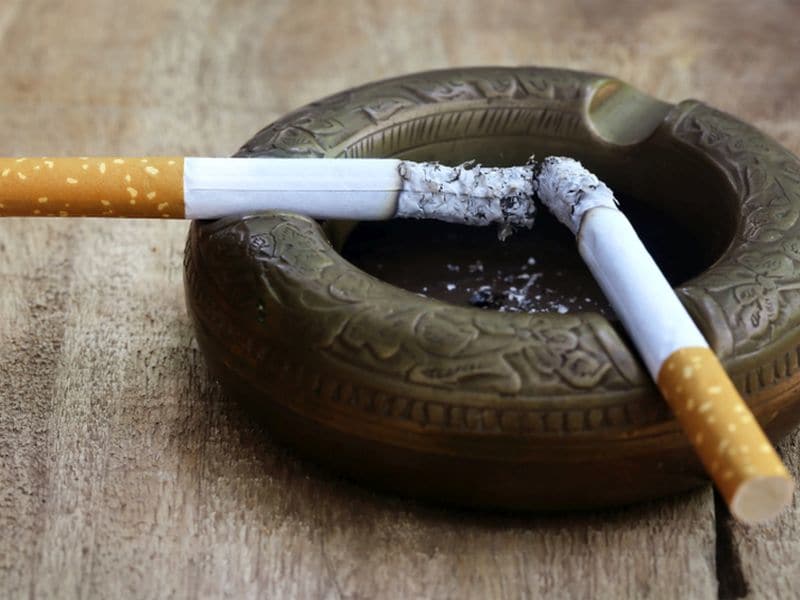
If your child has a food allergy, safety prevention belongs at the top of your back-to-school checklist. “Ensuring that parents and school personnel are all on the same page as far as preventing exposures and treating symptoms is critical to keeping food-allergic children safe,” said Dr. B.J. Lanser, director of the Pediatric Food Allergy Program… read on >






























